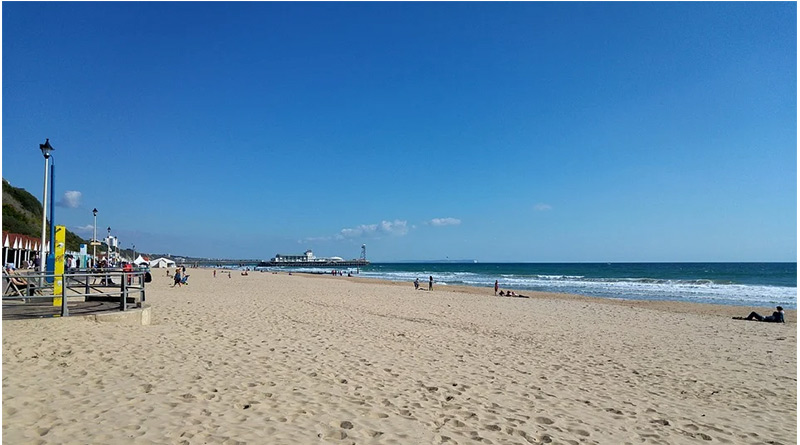APPG Inquiry Into Coasts And Waters Enters Second Phase

The 2nd phase of the All Party Parliamentary Group (APPG) for hospitality and tourism’s coastal waters has opened.
Following a successful series of oral evidence sessions, attended by group members Steve Double, Sally-Ann Hart, Selaine Saxby, Simon Baynes, Giles Watling and Labour’s Shadow Minister for Tourism and Heritage, Alex Sobel, the APPG has now opened its consultation. The group is encouraging hospitality and tourism businesses, along with other stakeholders that operate in coastal or lakeside areas, to take part.
The inquiry aims to take a holistic look at tourism and hospitality in the UK’s coastal and lakeside regions. Coastal and lakeside tourism and hospitality can be a major source of growth and jobs, especially for the young. It is important that a long-term vision is provided to enable tourism and hospitality businesses to grow, but to do so in a sustainable manner that protects the interests of local communities.
Many local businesses in these sectors are seasonal, with a high dependence on domestic and inbound tourism. With the hospitality and tourism sectors particularly badly hit by COVID-19, there is extra urgency to ensure that the right support is identified and available.
Chair of the APPG, Steve Double MP commented: “The first phase of the inquiry has already provided some hugely valuable insight. We are now proceeding with the second and we hope to learn much about how best we can identify the opportunities and risks that coastal and lakeside communities face and discover how best they can be supported.”
UKHospitality Chief Executive Kate Nicholls added: “Coastal and lakeside tourism and hospitality businesses are an incredibly important part of our sector. They are vital employers in communities that are often small and rural. Often, they depend on seasonal tourism and they will have been hammered by the COVID-19 crisis and the accompanying downturn in tourism. It is key that we understand how they can be supported to ensure that they can continue to contribute to vibrant, thriving communities, and as many jobs as possible kept secure.”
